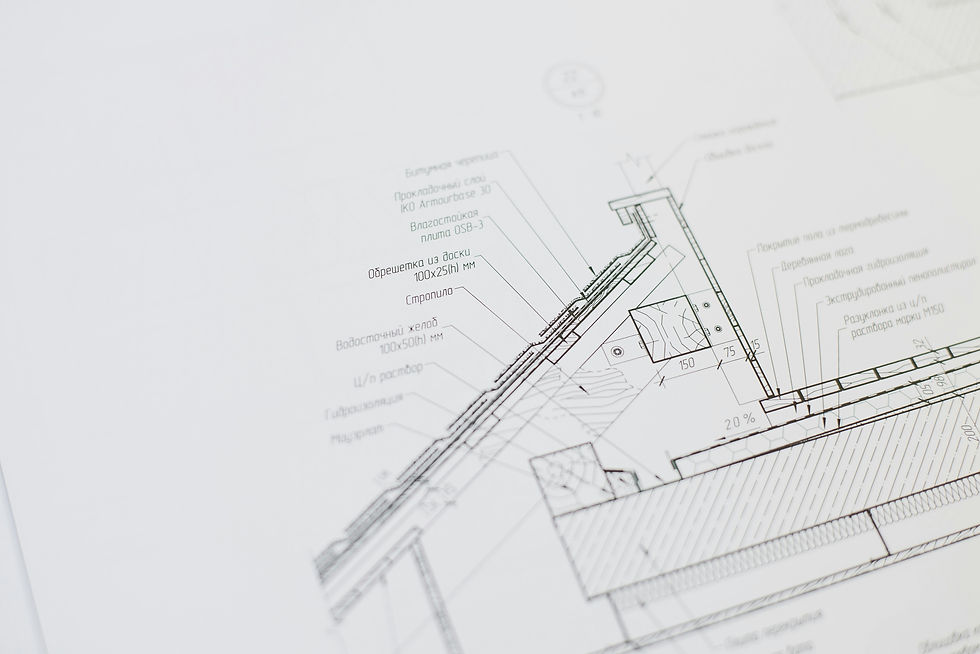Stages of Mechanical Engineering Projects
- imrankhandigital64
- Apr 17, 2024
- 3 min read

Many developing and developed countries are having a high demand for mechanical engineers, convincing students to choose the field as their career path. However, there are certain things to keep in mind before entering into the ring. One of those important things is the stages of mechanical engineering projects. By knowing these stages, students can have an idea of what they are about to deal with. This blog is all about that so keep on reading.
1. Project Definition and Planning
The first step of any mechanical engineering project is definition and planning. This stage requires mechanical engineers to identify the needs of the project to figure out the further steps. They also look at what is the scope, constraints, and deliverables for the same while also developing a project plan, including timelines, budget estimates, and resource allocation.
2. Conceptual Design
Once project definition and planning are done, mechanical engineers do not directly jump into the detailed designing stage, they make a conceptual one. Everything happens on a big table with sketches, simulations, and calculations about the project. This helps them learn if there are any design alternatives by visualizing.
3. Detailed Design
Once the concept becomes clear, they move to the detailed design stage and try to refine it as much as they can. A mechanical engineering assignment helps them specify materials, components, and manufacturing processes for the further process. They also create detailed drawings, schematics, and specifications for manufacturing.
4. Analysis and Simulation
Till this phase, they only have a design and nothing else. To validate the design, mechanical engineers perform various analyses and simulations. In this stage, they use software tools and mathematical models that help them evaluate factors such as structural integrity, thermal performance, fluid dynamics, and manufacturability. By doing so, they get to simulate real-world conditions and behaviors of the project.
5. Prototype Development
Now, the prototype stage takes the center to verify functionality, performance, and reliability of the finalized design. The main purpose behind this stage is to Identify and address any issues or deficiencies through iterative testing and refinement to ensure safety.
6. Manufacturing and Production
This is where the project starts breathing, the stage of manufacturing and production for mass production. But before that, engineers collect all the Source materials, components, and equipment required for the development process. In this stage, engineers also get to establish quality control measures to make sure that consistency and compliance are well-maintained with specifications. A mechanical engineering assignment helps students understand this stage on a deeper level.
7. Testing and Validation
Once the project is manufactured, it’s time to run tests to validate its performance and reliability. Various tests are conducted including stress tests, durability tests, and safety tests during this stage to make sure there is no error left in the project development. These tests also help them be sure that the design and security requirements are balancing on the boat or not.
8. Deployment and Implementation
After crossing all the hurdles, the project finally reaches its finishing line, and deployment and implementation happen in its intended environment. This final stage requires engineers to train and support end-users. They also monitor the performance of the product and see how it is doing in real-world scenarios.
Final Thoughts
Becoming a mechanical engineer is not everyone’s cup of tea as it takes so much energy and interest to give a project a life. It is advisable to only step into the field when you are aware of what you are going to deal with. These stages we talked about will help you figure out what skills you will need to become a mechanical engineer. So, acquire these skills and make a good place in the mechanical engineering field.



Comments